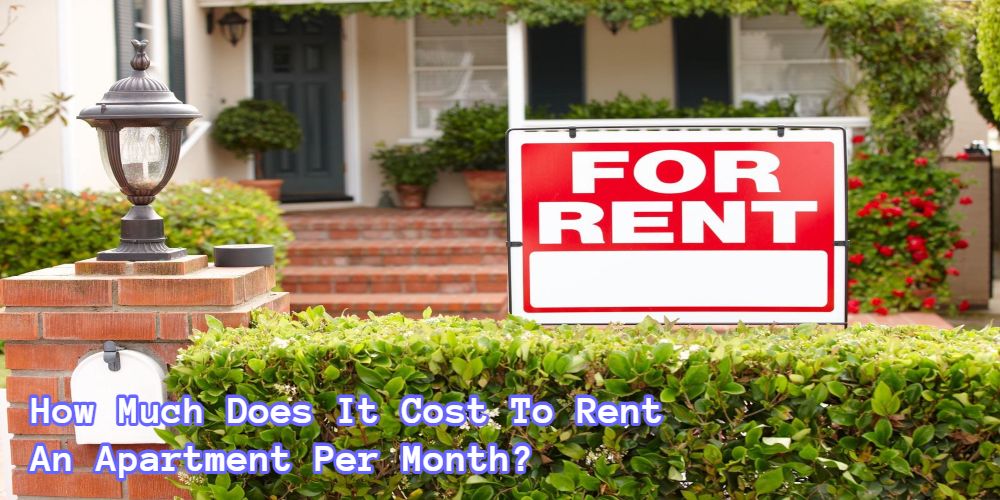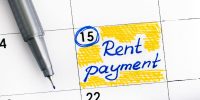Last Updated on November 22, 2021 by Kelvin Nielsen
Looking to rent an apartment in Florida?
Florida is one of the best places you can live in the States. Not only because of its pleasant year-round climate and world-class beaches, but many other things that it offers that make life convenient.
For instance, there is no state income tax in Florida. Here, all you have to worry about is federal tax. And this lowers the cost of living; saving you money to use towards rent and other expenses.
However, nothing good comes without a price or a little effort. Landlords here are strict with rental application and, to secure the apartment, you need to prepare the required paperwork beforehand. If you don’t know where to start, no need to fret. Here are the requirements to rent an apartment in Florida.
1. Pay Stubs
The first document a Florida landlord will ask for is a few copies of your pay-dated pay stubs. Remember, the landlord is in business and they need to establish whether you have a steady income source.
Pay stubs reveal several details about your income, including the tax deductions and your monthly salary. By looking at your monthly income, the landlord can tell whether or not you can afford the rent.
Like in most states, landlords here employ the 3:1 income to rent ratio rule. In other words, for you to rent an apartment in Florida, your monthly income must triple the rental amount. If it does, the landlord may rent to you, knowing you can afford rent.
So, where do you get your pay stubs? You can simply ask your employer for a copy. Most landlords will require 2 to 3 of your latest stubs.
2. Bank Statements
Bank statements can come in handy for you if you don’t have any pay stubs to show. That could particularly be the case if you’re self-employed or your kind of job doesn’t have consistent payments. Whichever the case, the landlord will want to see your bank statements to establish whether you can raise rent.
Although the landlord could check all your transactions, what they’re interested in most here is the dollar that streams in. How much is it? How often does it hit your account? If it’s apparent that you receive money regularly, then you could pass this test.
Now, to save the landlord the hassle, highlight the parts they’re interested in – that is money received. Also, you can black out using a sharpie any information you wish to keep private.
3. Verification Documents
No landlord anywhere, let alone Florida, will rent you if you can’t verify your identity. Some documents that can prove your identity include your state ID, driver’s license, green card, or passport.
If you are not a US citizen, you might need extra documents. These can include 1040-NR or nonresident alien income tax returns. You see, landlords can set policies regarding the paperwork you should submit when applying for an apartment. What they can’t do is discriminate against you because you are a non-US citizen.
4. Social Security Number
Of course, you know better than to go exposing your SSN to anybody out there who asks for it. However, if you need housing, you must provide the landlord with the 9-digit number.
Landlords use your SSN to perform a background check and to see whether you’ll make a good tenant. A background check can reveal several things about you, and what landlords ideally want is:
- A positive credit report.
- Zero evictions.
- A clean criminal record.
As long as you’ve paid your loans punctually, haven’t been evicted, or convicted, there’s no need to fret.
That said, it’s important to check your credit report and know where you stand before applying for the apartment. You can pull your credit report from any of the three credit bureaus, including Experian, TransUnion, and Equifax.
If you have low credit, it’s still not the end for you. You can get some cosigners or have a guarantor sign alongside you.
5. Recommendations
If you have rented before, chances are; there’s a landlord who you related quite well with. Request them to vouch for you. And while giving their contact information can cut it, a recommendation letter can be a big headstart for you.
6. References
Besides previous landlords, there are other references whose contact information you will give in the application. These can include your employer, colleagues, churchmates; generally any person who can give details about your character.
That being said, you must seek their permission before listing them in the rental application. Also, ensure to choose references who sound responsible to the landlord. While anybody can talk about your general conduct, your 55-year-old boss sounds more reliable than your teenage college friend.
7. Vehicle Registration and Insurance Information
This will only apply if you plan to bring a car. Some of the things the landlord will want to know regarding this include:
- The exact number of cars you’ll bring.
- The model of each car.
- Registration and proof of insurance of each car.
- Whether the car(s) will be on the property full-time.
By establishing this, the landlord can always ensure that only approved vehicles are in the parking lot. Also, they can easily tell whether a car has been abandoned. This way, they can control the usage of the parking space which is not always in plenty.
8. Checkbook
Since renting an apartment involves several payments, it’s prudent to carry your checkbook with you. This is so because the landlord might mention some payments that you may not have heard of. And if the competition is so stiff, they might choose a tenant with a ready check at your expense.
Some of the payments you should be ready to make include application fee, security deposit, pet deposit, and more. Even after getting the apartment, you should always keep your checkbook handy.
There you have it – 8 documents to prepare before applying for an apartment in Florida. Rental application doesn’t have to be a cumbersome process. All you have to do is know the required paperwork beforehand and have it ready.

Hi, I’m Kelvin Nielsen, an experienced landlord and accomplished real estate lawyer. My focus is on answering your questions about renting in the hopes of making your life as a renter or a landlord a bit easier.







